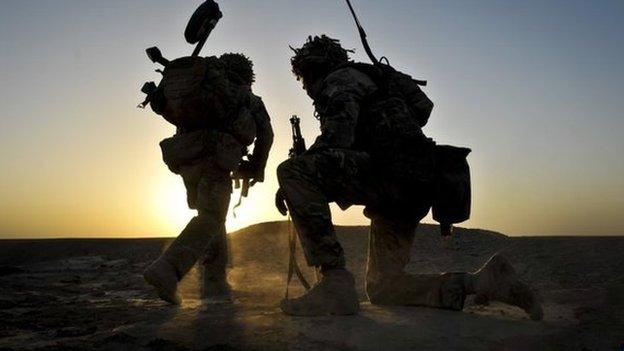Army to fund Catterick Garrison alcohol recovery scheme
- Published
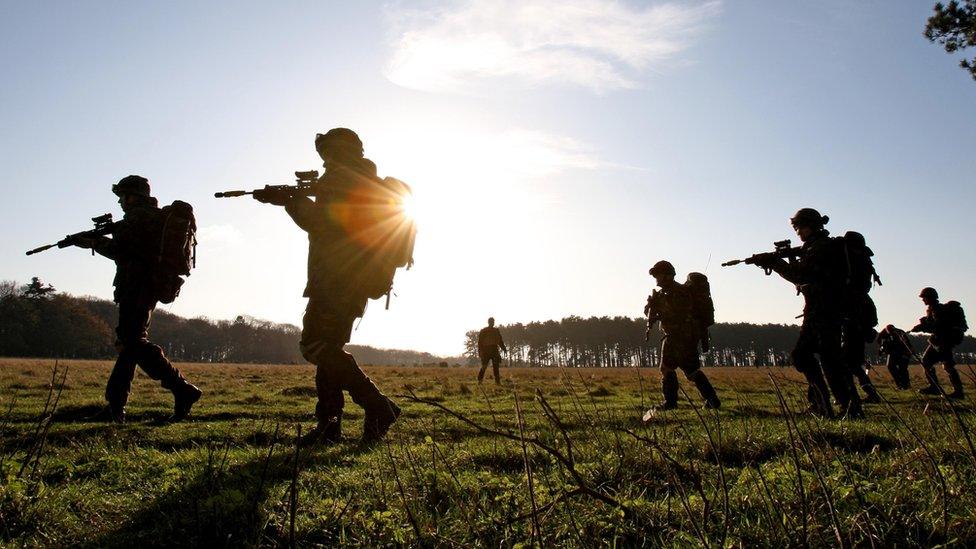
The MilSMART recovery programme was set up at Catterick Garrison in 2017
A project to help soldiers with alcohol and gambling problems has received backing from the Army after it helped scores of recovering addicts.
MilSMART has been described by organisers as the first scheme in the UK to offer support specifically for service personnel.
One former soldier said it had been his "crutch" as he recovered from drinking up to four litres of vodka per week.
An Army spokesperson said the project had been "amazing".
Set up in 2017 by the charity Humankind and adult drug and alcohol recovery service North Yorkshire Horizons, the MilSMART recovery programme has helped about 100 soldiers to date.
It is based at Catterick Garrison, the largest garrison in the UK with more than 11,000 serving soldiers and 15 different regiments.
Humankind said the project was facing closure after funding came to an end but with the Army's backing its future has been secured until 2022 and there are plans to roll it out across four more military bases in England and Scotland.
Project manager for Humankind Craig Bosomworth said receiving the Army's support was a real boost for the programme.
"Previously it might have been taboo [for soldiers] to talk about mental health and alcohol but there's been a big change," he said.
"The fact they [the Army] have come on board shows they have a real commitment to serving soldiers around addictive thinking."
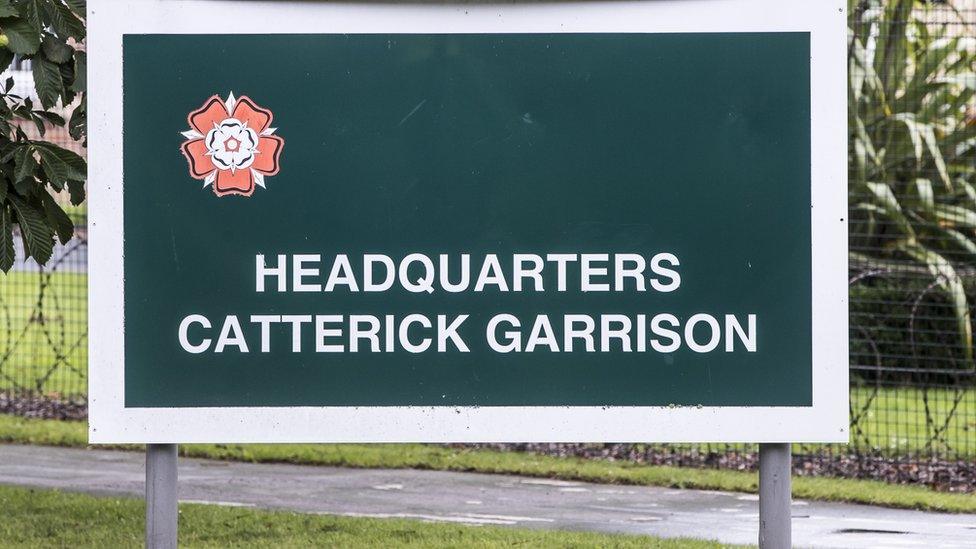
Catterick Garrison is the the largest garrison in the UK with over 11,000 serving soldiers
Humankind said the Army's support would increase awareness of the service, something which it said could help deal with a possible increase in demand as more people turn to alcohol and gambling during the coronavirus outbreak.
"Now that we are getting the funding and the Army are promoting this through the different command chains this is going to get embedded, everyone in the welfare units will know about MilSMART," said Mr Bosomworth.
Among those to have benefited from the project is 47-year-old Warrant Officer, John.
Originally from Swindon, John joined the Army aged 16 and spent 24 years in the infantry, serving in Northern Ireland and Iraq, before moving to a post as a housing liaison officer in Catterick Garrison.
'Wake up, drink'
"When I joined the Army initially alcohol wasn't part of my life apart from on weekends and on leave, but throughout my career it's always been there," he said.
"It's always been in my life and at some stage it started to take over a little bit and then eventually it took over completely.
"At the stage of total dependency I was drinking probably three to four litres of vodka a week. If I did not have to drive that day then it was the first thing. Wake up, drink, just to get through the day."
John said that historically there had been a drinking culture among soldiers but believed the Army was working to address that issue, adding that drink was "not pushed on me, I took the wrong path".
He said to have a recovery programme tailored specifically for soldiers made it easier to break through the "bravado way of life" that he had seen during his career.
"Being military, it puts people at ease as everybody understands everybody," he said.
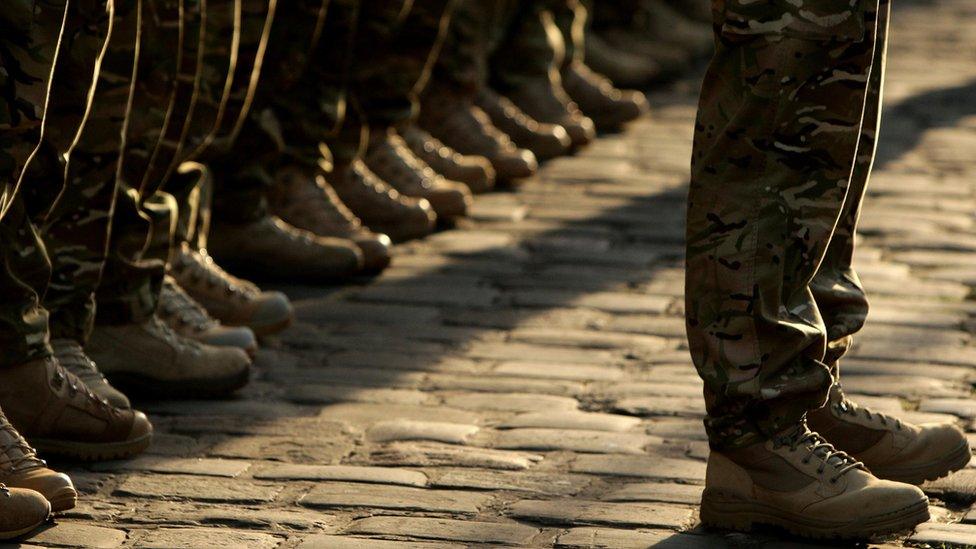
More than 100 military personnel have accessed the MilSMART programme
Since completing the programme John has been teetotal for 14 months and is now training as a facilitator.
"MilSMART has been my crutch and to see the impact it has had on other individuals has been great," he said
"I feel like I'm skipping down the road every day and now, it's about educating the younger soldiers.
"Me, the old and bald, have lived a different lifestyle and we do not want to see them going down that same track."
Major Corrina Priest said: "The work that has been undertaken by Humankind and UK Smart Recovery has been amazing, it is extremely important that mental health and addiction issues are openly discussed and there are the appropriate services to offer soldiers support.
"We are currently working hard to make sure soldiers on the Garrison are aware of this resource and promoting its value across different command chains."
A spokesperson for the Ministry of Defence added: "Humankind do fantastic work for our personnel in Catterick Garrison through their MILSMART programme and we are pleased this funding will help sustain the initiative."

Are you a member of the Armed Forces? Do you struggle with addiction? Please share your experiences by emailing haveyoursay@bbc.co.uk, external.
Please include a contact number if you are willing to speak to a BBC journalist.
WhatsApp: +44 7756 165803
Tweet: @BBC_HaveYourSay, external
Please read our terms & conditions and privacy policy
- Published23 June 2020
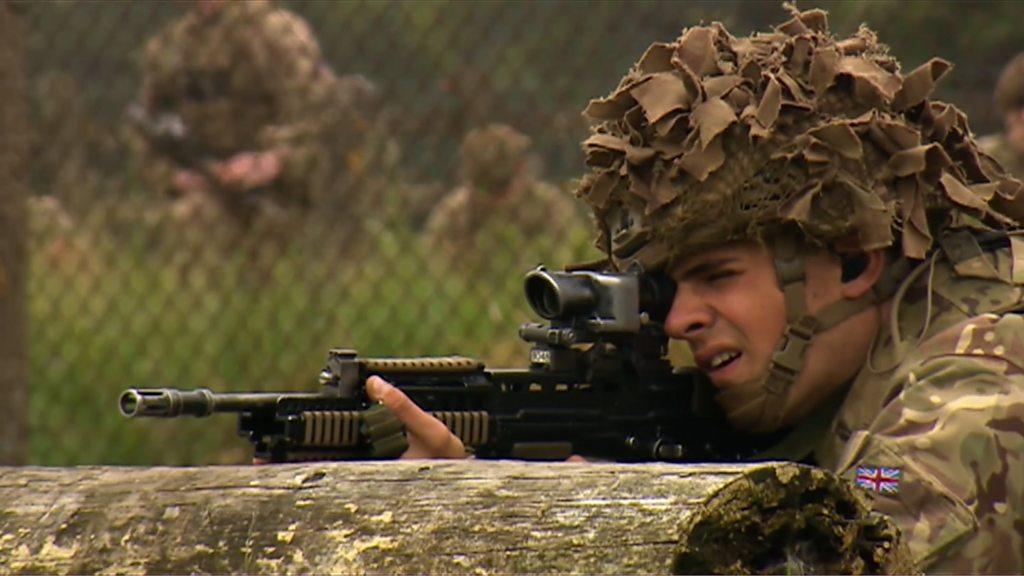
- Published6 September 2019
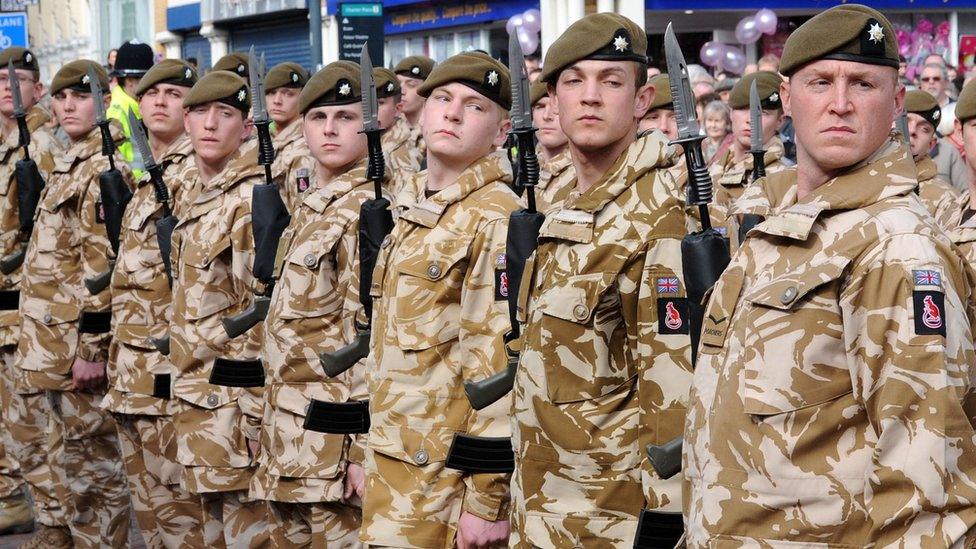
- Published10 July 2019
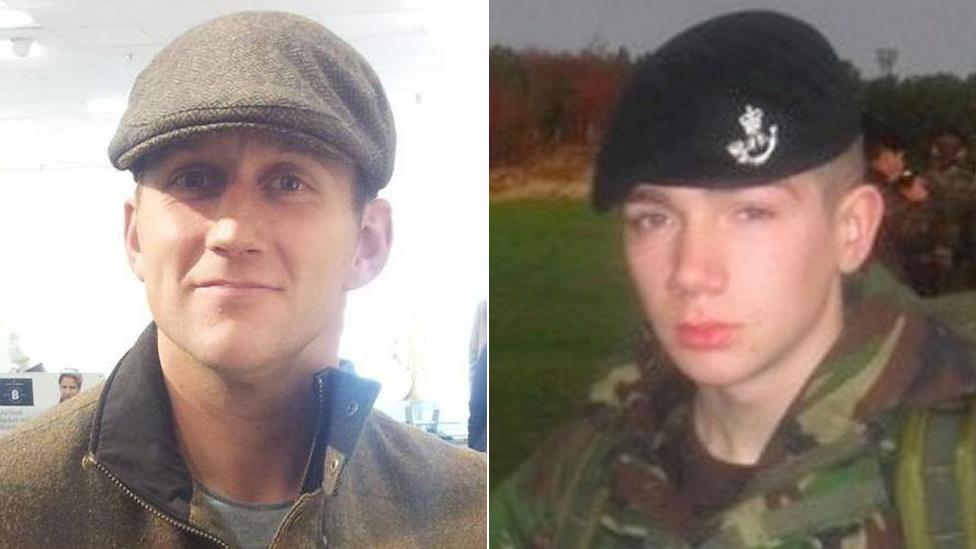
- Published3 February 2015
